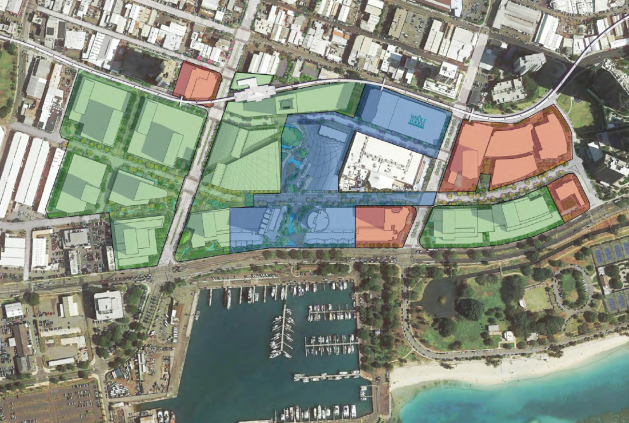The Hawaii Chapter of the Appraisal Institute is hosting the Review Theory – General course in Honolulu in November 2014! Register here: http://www.myappraisalinstitute.org/education/add2cart.aspx?id=32296


According to the AI website:
The AI-GRS membership designation is held by appraisers who are experienced in general appraisal review.
To become an AI-GRS member of the Appraisal Institute, an individual must:
- Have good moral character;
- Meet standards and ethics requirements;
- Hold a bachelor’s degree or higher;
- Meet special education requirements;
- Pass a comprehensive examination; and
- Possess experience in general appraisal review that meets specific standards.
These review appraisers possess special experience and knowledge that give them the tools to address the issues unique to general and commercial real property review appraisals. AI-GRS Designated members agree to adhere to the Appraisal Institute code of professional ethics and standards of professional appraisal practice, underscoring their commitment to sound and ethical professional practice.
These review appraisers must stay informed of developments pertaining to review of general and commercial real property appraisals, enabling them to provide review appraisals reflecting the latest in professional practice.
The Review Theory – General class is required coursework for the AI-GRS review designation and will be taught in Honolulu by Joseph C. Magdziarz, MAI, SRA (“Joe Magz”) on November 3, 2014 through November 7, 2014. More information is here: http://www.myappraisalinstitute.org/education/more_info.aspx?id=32296
The following course description is taken from the AI website:
Review Theory—General is the fundamental review course that all reviewers should have in their education background. It is a required course for individuals pursuing the Appraisal Institute General Review Designation. Participants embark on an in-depth journey of the seven steps that are outlined through the review process, which is at the core of this course. To be a reviewer, an appraiser must learn how to develop opinions of completeness, accuracy, adequacy, relevance, and reasonableness relative to the work under review. These opinions must be refined through tests of reasonableness in order to develop opinions of appropriateness and credibility. By taking this course, participants may gain invaluable confidence on the fundamentals of review.
Upon completion of the course, participants should be able to:
• Distinguish between appraisal and review.
• Evaluate the necessary knowledge and skills required to complete reviews.
• Distinguish between trivial and material errors.
• Identify types of review assignments and the process employed in the reviewer’s scope of work.
• Recognize regulatory compliance issues for review appraisers
• Identify the steps necessary to effectively communicate the review.
The Review Theory – General course is required for individuals pursuing the Appraisal Institute General Review Designation (AI-GRS – Appraisal Institute General Review Specialist ). For more information regarding the requirements for the review designation, please click here.
If you are currently designated, click here for more information on the alternative path.
If you are currently a candidate for designation, or wish to become a candidate, click here for the specific designation requirements.
Please read my disclaimer.












Recent Comments